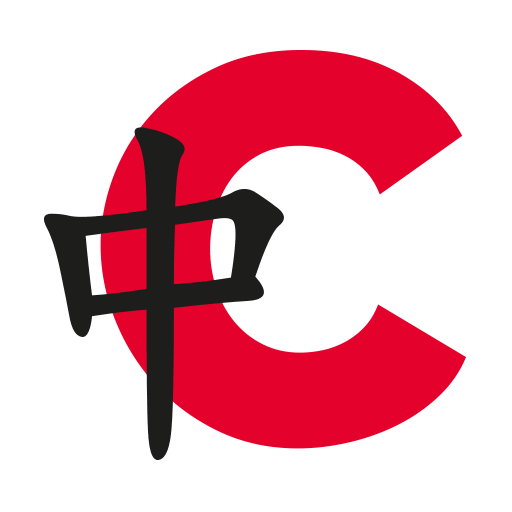IP Infringement Complains towards e-platforms: guidance by the Supreme People’s Court
E-commerce continues to be in the focus of PRC Supreme Court, who issued the Official Reply on Several Issues concerning the Application of Law to Disputes over Network-related Intellectual Property Infringement (最高法关于审理涉电子商务平台知识产权民事案件的指导意见 法发〔2020〕32号) (“SPC Reply”), effective as of yesterday, September 14, 2020, thus judges of the Chinese People’s Court shall abide by such guidelines in trying cases involving network-related intellectual property infringements.
The principle restated in the SPC Reply is that People’s courts hearing cases involving intellectual property rights disputes on e-commerce platforms shall adhere to the principle of strict protection of intellectual property rights.
The SPC Reply provides a clarification about how the People’s Court shall determine whether the conduct of an e-commerce platform operator may be deemed as “self-operating business” (“自营业务”) and thus whether the operator shall bear the civil liability, as the product seller or the service provider; the following factors shall be considered by the People’s Court: the “self-operating” information indicated on the page where the products are sold; the information regarding the sales entity affixed on the physical product; the information regarding the sales entity affixed on the invoice and other transaction documents, etc.
If an e-commerce platform operator knows or should be aware of an infringement of intellectual property rights by an operator on the platform, it should take necessary measures in a timely manner based on the nature of the right, the specific circumstances and technical conditions of the infringement, and the preliminary evidence that constitutes the infringement and the type of service. In case of repeated infringement, the platform has the right to take measures to terminate the operators’ transactions and services.
Quite interestingly, the Supreme Court also identifies certain circumstances upon which the e-commerce platform operator shall be deemed as it were aware of the existence of the infringement:
(1) when it fails for fulfill its legal obligations such as formulating intellectual property protection rules and reviewing the qualifications of operators on the platform;
(2) when it does not review the proof of rights of operators whose store types on the platform are marked as “flagship store”, “brand store”, etc.;
(3) when it fails to adopt effective technical means to filter and block infringing product links containing words such as “high imitation”, and infringing product links that are re-listed after a complaint has been verified as supported;
(4) other circumstances where reasonable review and care obligations are not performed.
A few paragraphs of the SPC Reply are dedicated to specifying the circumstances and methods according to which notices regarding infringement on ecommerce platform are issued by owners of infringed intellectual property rights to the platform and by the platform to the prospective infringers in order to clarify such procedure. At the same time the SPC mentions malicious submission of claims and indicates case upon which the local court may identify “bad faith” in submitting such claims: to submit forged or altered certificates of rights; to submit false infringement comparison evaluation opinions and expert opinions; knowing that the rights status is unstable and still issue a notice; knowing that the notice is wrong but failing to withdraw or correct it in time; repeatedly submit wrong notices, etc.. In these cases, as per the E-commerce Law art. 42, the compensation liability shall be doubled.
An important clarification is delivered in connection to the coordination between the complaint procedure to be followed by rights owners and the platforms to deal with infringement complaints and the recourse to the People’s court. The SPC Reply clarifies that, in case of urgent circumstances, if an e-commerce platform operator does not immediately take measures, such as taking the products off the shelf, causing irreparable damage to the right holder’s legitimate interests, the intellectual property right holder may rely on Articles 100 and 101 of the Civil Procedure Law of the People’s Republic of China, and apply to the People’s court for preservation measures.


